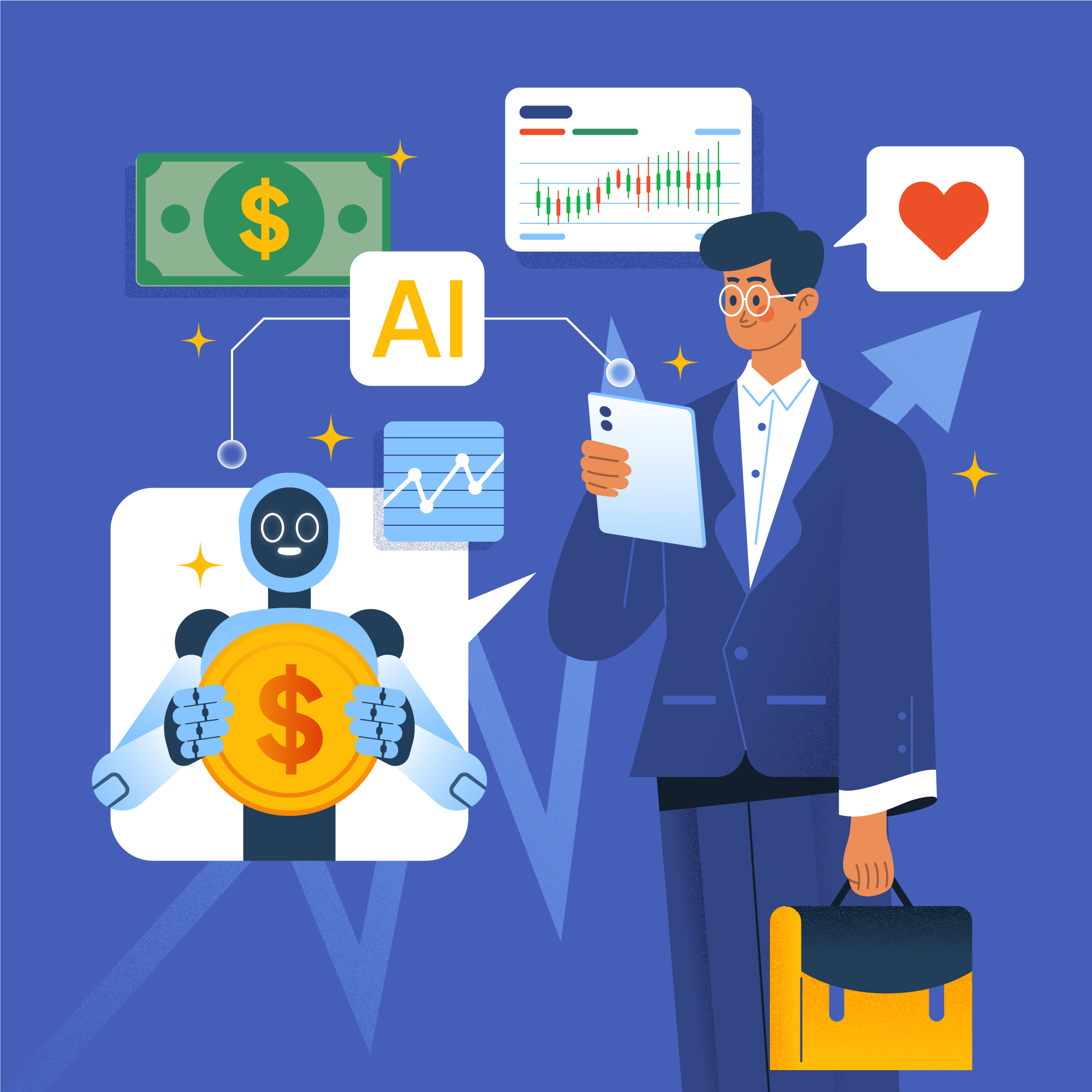The AI Revolution: How Artificial Intelligence is Transforming Business!
Artificial intelligence (AI) is no longer a futuristic concept, but a reality that’s transforming the business landscape. From automating routine tasks to driving strategic decision-making, AI is revolutionizing the way companies operate, interact with customers, and generate revenue.
Key Areas Where AI is Impacting Business:
- Automation and Efficiency: AI-powered tools automate repetitive tasks, freeing up human resources for more strategic and creative work.
- Customer Experience: AI-driven chatbots and virtual assistants provide personalized, 24/7 support, enhancing customer satisfaction and loyalty.
- Data Analysis and Insights: AI’s advanced analytics capabilities help businesses uncover hidden patterns, predict trends, and make data-driven decisions.
- Innovation and R&D: AI accelerates product development, optimizes supply chains, and enables companies to stay ahead of the competition.
- Cybersecurity: AI-powered systems detect and respond to threats in real-time, protecting sensitive data and preventing costly breaches.
Industry-Specific Applications:
- Healthcare: AI-assisted diagnosis, personalized medicine, and predictive analytics improve patient outcomes.
- Finance: AI-driven trading, risk management, and credit scoring optimize financial performance.
- Retail: AI-powered recommendation engines, inventory management, and customer segmentation boost sales.
- Manufacturing: AI-optimized production processes, predictive maintenance, and quality control increase efficiency.
Benefits and Challenges:
Benefits:
- Increased productivity
- Enhanced customer experience
- Improved decision-making
- Cost savings
- Competitive advantage
Challenges:
- Job displacement
- Data privacy concerns
- Bias and ethics
- Integration complexities
- Talent acquisition and training
Future Outlook:
As AI continues to evolve, businesses must adapt to stay competitive. Key trends to watch:
- Explainable AI (XAI): Transparency and accountability in AI decision-making.
- Edge AI: Real-time processing at the edge of the network.
- AI Ethics: Ensuring responsible AI development and deployment.
- Human-AI Collaboration: Augmenting human capabilities with AI.
Conclusion:
AI is transforming business by increasing efficiency, enhancing customer experiences, and driving innovation. While challenges exist, the benefits of AI adoption far outweigh the costs. As AI continues to advance, companies must prioritize strategic implementation, ethics, and talent development to remain competitive in the AI-driven business landscape.
Sources:
- McKinsey: “Artificial Intelligence: Implications for Business”
- Harvard Business Review: “The AI Revolution in Business”
- Forbes: “The Top 10 AI Trends for Business”
- Gartner: “AI and Machine Learning in Business”


Hi, this is a comment.
To get started with moderating, editing, and deleting comments, please visit the Comments screen in the dashboard.
Commenter avatars come from Gravatar.